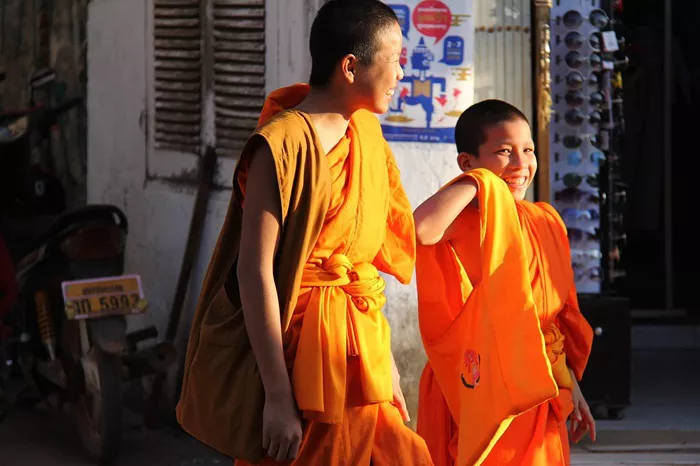After a decade-long legal battle, Buddhist nuns in Sri Lanka have finally won the right to get national ID cards bearing their cherished title of “Bhikkhuni”.
On June 17, the Supreme Court ordered the government to immediately issue ID cards to ordained Buddhist nuns, also known as bhikkhunis.
The Supreme Court also said that years of refusal violated the right to equality under the law.
There are about 8,000 ordained nuns in Sri Lanka, living in Buddhist monasteries and nunneries.
Issuing cards to Buddhist nuns has been a topic of controversy for years.
Without ID cards, the nuns are reportedly unable to participate in elections, obtain passports or pursue further studies.
The court’s decision ends a case filed by Buddhist nun Welimada Dhammadinna, who challenged the Registration of Persons Department, saying that the ID cards it had issued to them since 2013 listed their titles as “Sil Matha” (non-ordained female layperson) instead of “Bhikkhuni”.
Observers say the legal dispute highlights gender discrimination in Sri Lanka’s predominantly patriarchal society.
The petitioning nun said her legal challenge was in line with the 1998 Bhikkhuni Ordinance issued by the Rangiri Dambulla Sangha Sabha, the highest Buddhist authority.
She said the refusal to issue an identity card with the title of “Bhikkhuni” violated “fundamental rights and prompted her to seek appropriate recognition”.
Legal expert Naveen Marapana, who represented the petitioner in court, argued that it was a widely accepted legal principle that the term “monk” should legally include nuns.
Nilukshi Sakunthala, a university student and rights activist, called the court’s decision “historic” and said such a legal issue would not have arisen if the petitioner was a man.
“This verdict clearly demonstrates that everyone is equal before the law and marks an important milestone,” she told UCA News.
She added that it was unfortunate that the sisters were not able to vote like other citizens.
A former Buddhist monk who wished to remain anonymous said the nuns’ fight for recognition stemmed from the government’s unwillingness to ensure they had equal rights.
“The government was unwilling to accept them as nuns because some monastic communities refused to accept the bhikkhuni community,” he told UCA News.
According to official data, about 70.2% of Sri Lankans are Buddhists, 12.6% are Hindus, 9.7% are Muslims and 7.4% are Christians.
Sri Lanka’s 1978 constitution guarantees equal treatment for all citizens regardless of identity, faith or background.

